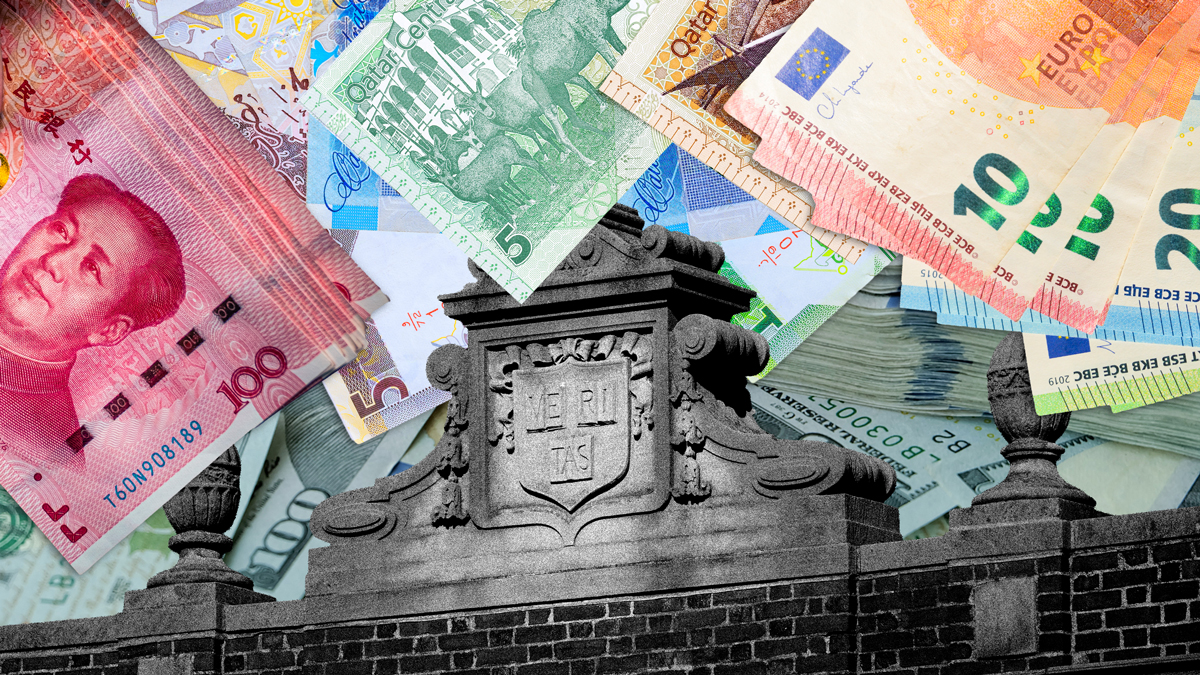Walmart shows surprisingly strong shopping game on Cyber Monday
Amazon.com is still the king of holiday e-commerce spending, though Walmart's surging popularity has caught many retail analysts by surprise.
Market researcher GBH estimates that Amazon (AMZN) captured as much as 45 percent to 50 percent of all e-commerce sales between Black Friday and Cyber Monday, an increase from 38 percent during the same period a year ago. Walmart (WMT) got 10 percent of online spending during the same time period, more than double its share from a year ago thanks to last year's $3 billion acquisition of Jet.com among other reasons, the research firm says.
"Walmart has significantly increased its [market] share and has done a very commendable job," said Daniel Ives, chief strategy officer and head of technology research at GBH, adding that the Bentonville, Arkansas-based company has become "more aggressive on pricing -- it's really a battle royale between Amazon, Walmart and everybody else."
During its most recent quarter, Walmart reported a 50 percent jump in e-commerce sales as consumers flocked to offerings such as free two-day delivery on more than 2 million items. Walmart, however, has spent billions in recent years beefing up its money-losing online business. Analysts such as Edward Jones' Brian Yarbrough aren't sure when the company will be able to operate it profitably.
"Walmart two years ago was reacting to everything that Amazon is doing," said Yarbrough, whose firm rates Walmart as a "hold" and Amazon as a "buy." "Now, Walmart is more on the offensive. They are being more aggressive."
Walmart, for its part, has tried to offer shoppers experiences that they can't get online such as holiday parties and toy demonstrations. It has also cleaned up its stores and improved customer service, which had long been a weak spot of the world's largest retailer.
For now, though, Amazon is going to be hard to beat in e-commerce.
According to analysts at Bain, Amazon lists more than 400 million products on its site, more than six times the assortment that Wal-Mart offers online. The e-commerce juggernaut also is benefitting from its $99-per year Amazon Prime membership that provides free two-day shipping and access to exclusive video content. GBH's Ives estimates that the 90 million or so Prime members spend an average of 20 to 25 percent more with Amazon than other customers do.
The Seattle-based company has revamped its Amazon Handmade Gift Shop offering to better compete against rival Etsy (ETSY) and continues to reap the benefits of its Echo smart speaker, a $4 billion market that it dominates. Bain's analysis found Amazon is competitive in key categories such as electronics, sports and toys. "In the categories we tested, we found that Amazon offers the absolute lowest price between 17% and 25% of the time and ties for the lowest price between 41% and 57% of the time." according to the consulting firm.
The National Retail Federation has forecast holiday sales for 2017 of between $678.8 billion to $682 billion, a gain of as much as 4 percent from $655.8 billion last year. E-commerce sales will hit $107 billion this year, about 11 percent of total spending, the most ever, according to eMarketer. Adobe estimates holiday spending at $50 billion since the first of November.
Macy's (M), JCPenney (JCP) and Kohl's (KSS) each reported strong or record-setting sales over the Thanksgiving Day weekend. Yarbrough notes that department stores are "holding their own" during the holiday season thanks in part to cooler winter weather in many parts of the country which is fueling demand for winter coats and related apparel.
The retail sector, though, continues to face serious challenges as mall traffic shrinks and consumer spending moves online.
"They are doing better today than they were last year at this time," he said in an interview, adding that many chains are "treading water. ... I don't think we are seeing accelerated losses for them like we did then."
Best Buy (BBY), the largest consumer electronics firm which competes against Amazon and Walmart, recently posted disappointing quarterly results and gave lackluster guidance for the holidays. Even so, Moody's retail analyst Charlie O'Shea described the company's financial performance as "solid."
"As we head into the teeth of the holiday shopping season, the key for Best Buy to maximize its profitability and therefore success will be how well it manages its promotional cadence as Walmart and Amazon continue their heavyweight battle for market share across many categories, with consumer electronics a key battleground," O'Shea said in a statement.





